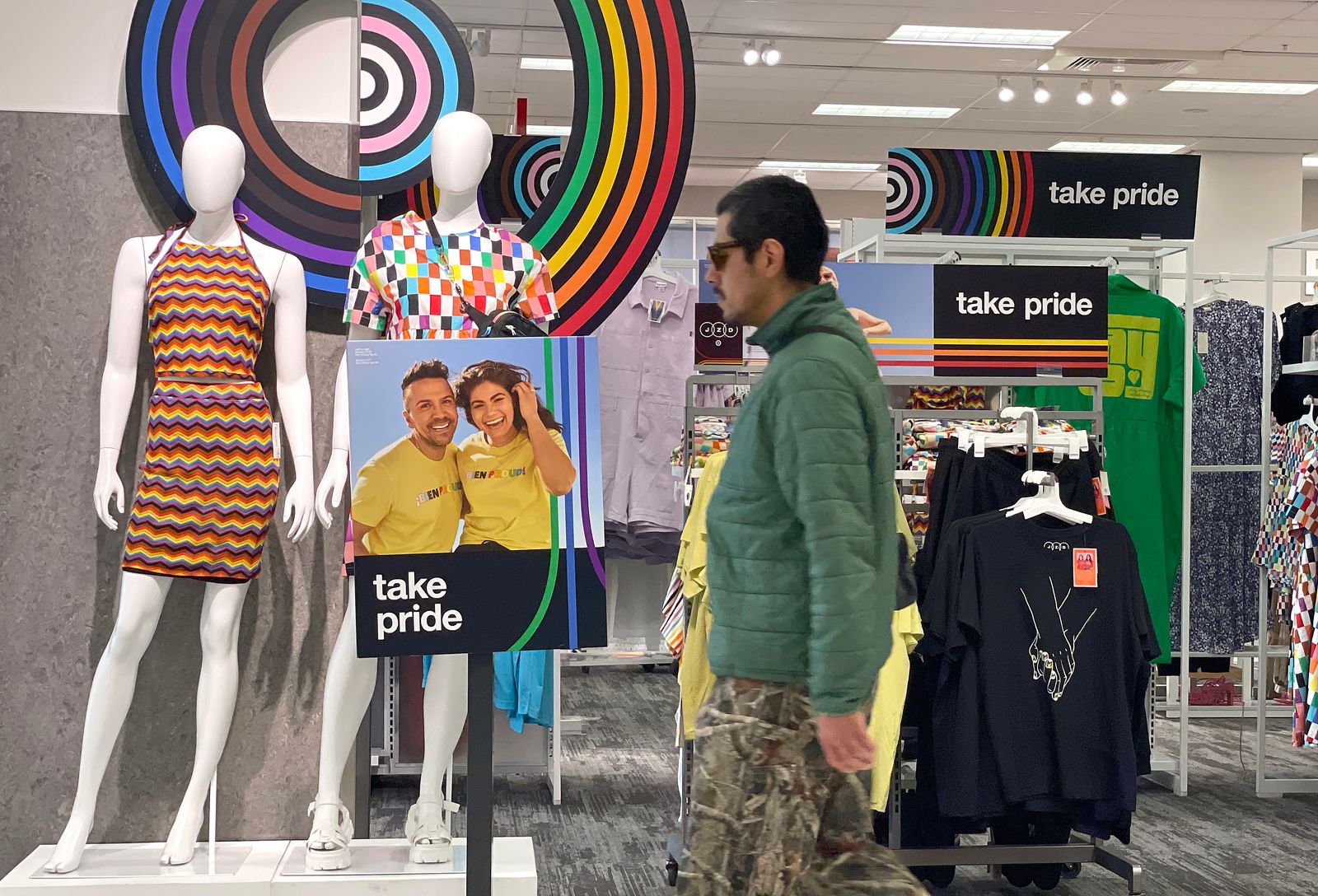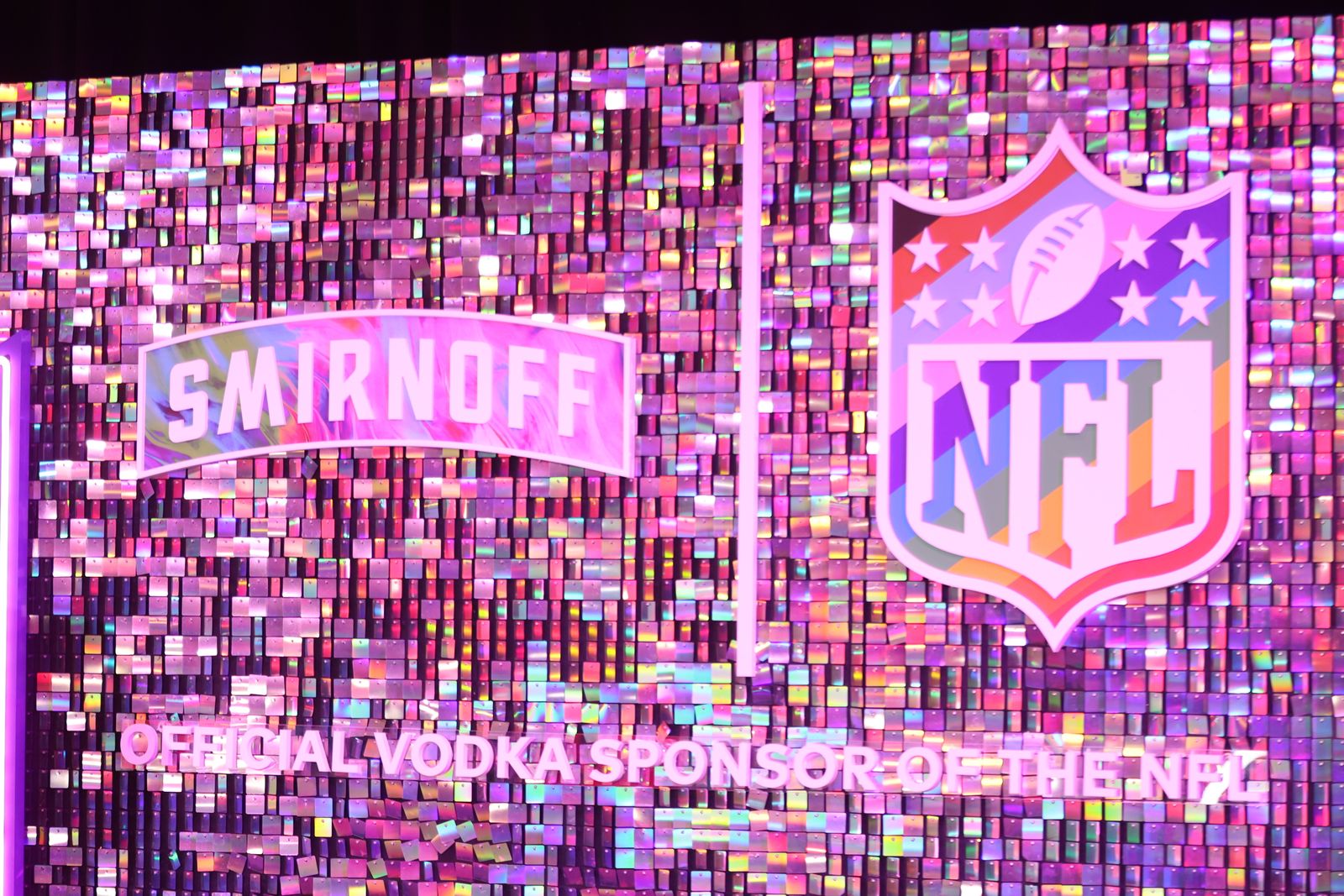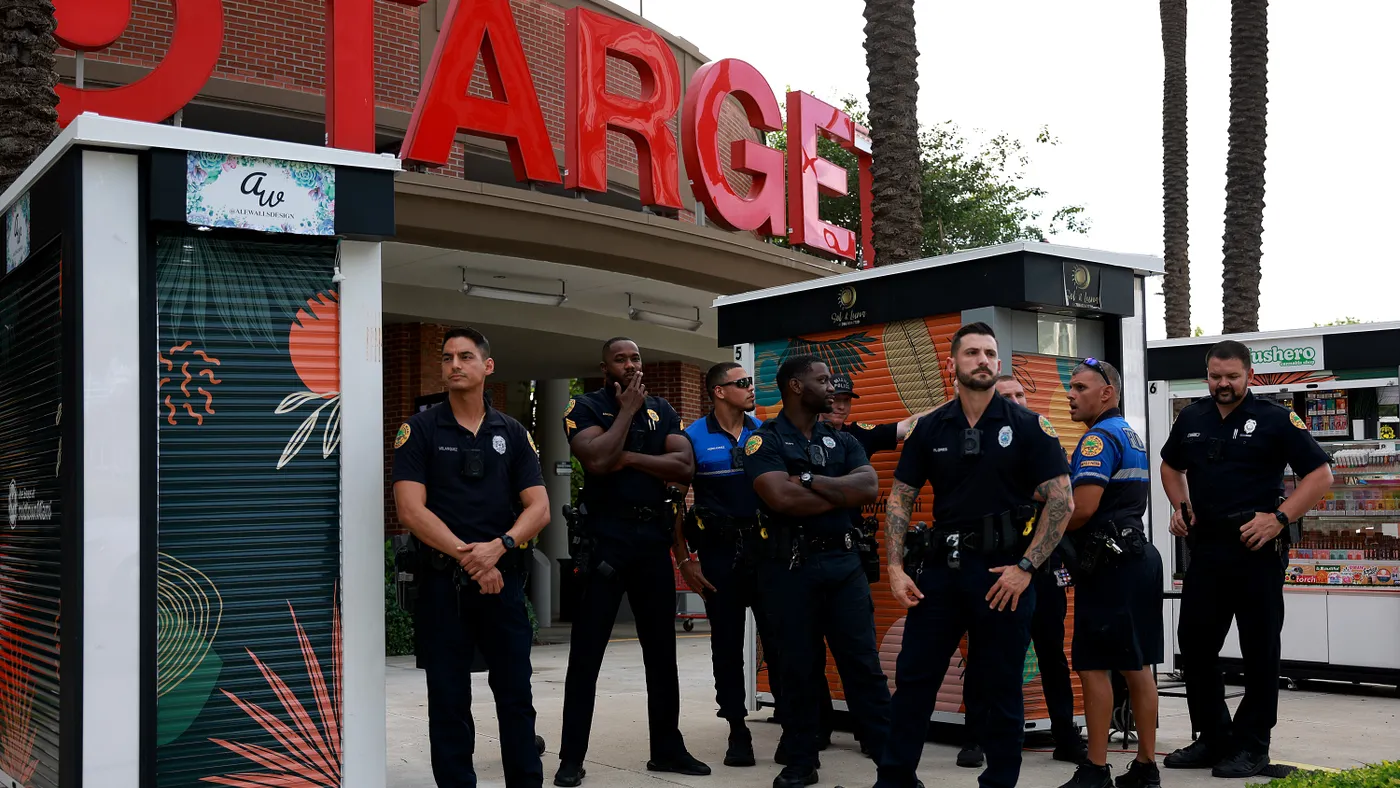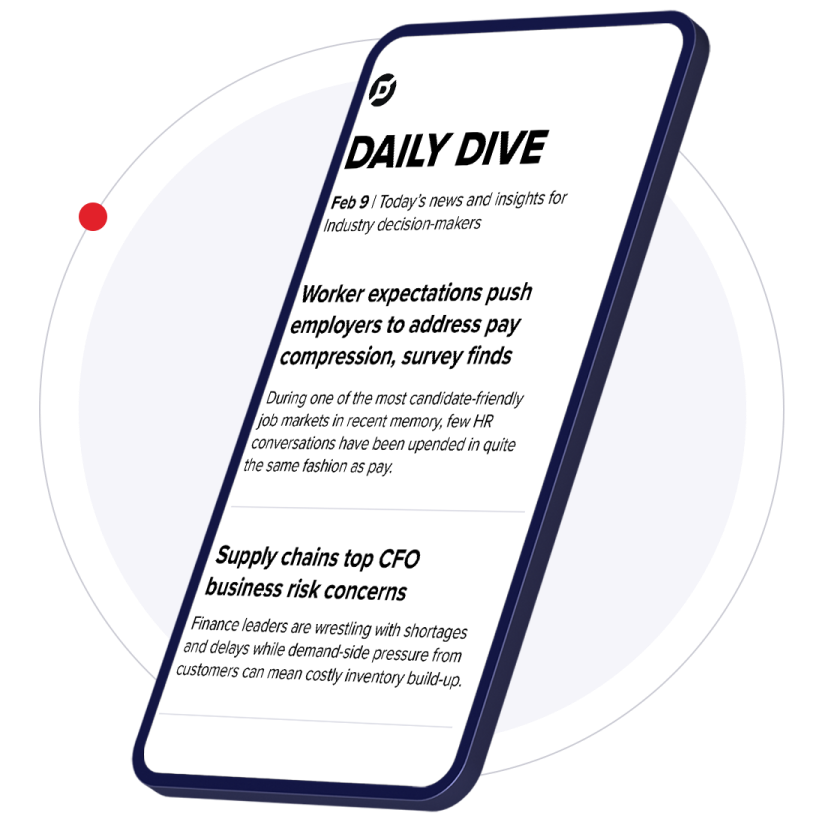Marketers began 2023 with one eye on budgets and bottom lines and the other on the fate of a host of transformational moves set to disrupt the advertising industry.
But things quickly got off track when M&M's in January announced plans to take an "indefinite pause" from its spokescandies, which had been a source of controversy and conservative fascination since a polarizing 2022 rebrand centered on inclusivity. The entire episode proved to be part of a stunt around the brand's Super Bowl spot, which fumbled the pre-game buzz and mostly left viewers confused.
The M&M's incident quickly receded into the background, but has proved instructive for marketers in the first half of 2023. While concerns about the future of ad-supported streaming, cookie alternatives and measurement currencies have persisted — alongside a shift in focus from the metaverse to generative artificial intelligence (AI) as marketing's latest shiny object — marketers’ biggest concern in 2023 has been how to avoid having their actions subsumed by a political culture war that has dominated headlines and led to backlashes against brands including Bud Light and Target.
As marketers head into planning for the crucial second half of the year, many are left to rethink the role of the brand, choosing between being vectors for purpose-driven actions — as many have tried to be for years — or returning to the more value proposition-based identities of the past. And for marketers navigating an increasingly fraught landscape, it's as if they are building the plane while flying it.
"We don't know if this is going to last in the long term, or if this is a short bubble-up of animosity and boycotting that might fade away in a little while," said Karthik Easwar, associate teaching professor at Georgetown University’s McDonough School of Business. "If this is a fundamental change in how consumers respond, I think it's going to pose a lot more complexity and challenge, especially for big brands who are doing business with a wide swath of America."

Lessons as Bud Light and Target stumble
For many marketers, Bud Light is the canary in the coal mine for how quickly and dramatically brands can be dragged into cultural battles that impact the bottom line. The brand earlier this year sent influencer Dylan Mulvaney a personalized beer can emblazoned with a picture of her face to celebrate the first anniversary of her gender transition. Soon, both the brand and influencer were the focus of right-wing media figures who called for a boycott.
"We definitely know that, strategically, [Bud Light] was looking to diversify and expand itself into new audiences, and that was the impetus behind their marketing. I don't know if they realized that such dominant voices from such a small group of people would be able to take over so much of the airwaves," said Ian Schatzberg, CEO and co-founder of branding agency General Idea.
Parent company Anheuser-Busch seemingly tried to let the backlash run its course, but its actions — including putting two marketing executives on leave — did little to stem the tide. Bud Light sales began to flag and the beer lost its spot as America's top-selling beer for the first time in more than two decades.
“Brands like that that are already hurting, it's a little bit like, who does the coyote eat?”

Mark DiMassimo
Founder and creative chief, DiGo
Target was soon the next domino to fall when the retailer decided to pull some items designed as part of its annual Pride collection following incidents in stores that put store workers at risk. But by responding to backlash from anti-LGBTQ+ forces, the retailer also drew the ire of the communities that it has worked to engage with its Pride collection.
"Brands are now stuck in this catch-22 play," Easwar said. "Some people are feeling that [brands] not standing behind the stance that they have that was supposed to be inclusive, because another group is saying, 'we don't want that.' If you keep it, you're angering one group, if you take it away, you're angering the group you're trying to include."
Overall, brands were comparatively quiet for Pride Month in June. While several long-standing participants — from Skittles to Smirnoff — continued to wave the Pride flag, others seemingly waved a white one, deemphasizing purpose-driven moves around identity and culture that have been a key marketing tactic for several years.
For their part, Bud Light and parent Anheuser-Busch have aggressively begun trying to change the post-boycott narrative with campaigns centered around summer drinking and beer production. But it's unclear if this return to fundamentals will slow the loss of market share that mass-market light beers like Bud Light have been fighting against for years by, paradoxically, engaging with younger, more diverse audiences in moves that are now exacerbating downward trends.
"Unfortunately for Bud Light, it's Bud Light… It's beer water with a logo folks identified with, so as soon as the identification was polarized or damaged, it was very easy to switch," said Mark DiMassimo, founder and creative chief of creative agency DiGo. "Brands like that that are already hurting, it's a little bit like, who does the coyote eat?"

Moving forward
Even if the current divisive atmosphere is a short-term phenomenon, the threat of being drawn into a culture war could be enough of a risk to force marketers to rethink the role of brands in the market and in consumers' lives. This could mean a shift away from purpose-driven marketing around a variety of causes.
"I could imagine in boardrooms [executives saying] the role of the brand is not to create identity-oriented, community-based messaging — the role of the brand is to deliver a product at a good price," Schatzberg said. "My suspicion is that you will start to see businesses potentially move towards more of a functional value prop versus something that is closer to culture and identity in the months ahead."
Continued economic pressures could also feed the need to focus on basic value propositions, with brands potentially avoiding messages around culture and identity this holiday season. And while that may be the safe approach, it is not a one-size-fits-all solution.
"You'll also have brands that are committed to the purposes that they've defined and the role that they want to play within the lives of culture at-large and they will continue in that," Schatzberg said. "I do envision you'll see these camps of different perspectives on how to navigate the consumer landscape coming out of this."
In recent years, the holiday marketing period has seen brands embrace not just gifting and gathering but diversity and inclusion in seasonal messages, an approach that seems less likely this year. Recent efforts by Jim Beam and Smirnoff that emphasized the importance of human connection and responded to a "joy recession" caused by consumer alienation, respectively, could hint at how marketers will message around the holidays this year.
"My suspicion is that you will start to see businesses potentially move towards more of a functional value prop versus something that is closer to culture and identity in the months ahead."

Ian Schatzberg
CEO and co-founder, General Idea
Apart from concerns around purpose, culture and creative, recessionary pressures could also continue to force marketers to focus on necessities that are central and authentic to the brand's identity.
"As marketers, we need to be really strict and surgical about what is critical for this year," said Josh Golden, CMO at marketing experience company Quad. "A good surgical approach will actually have some great moments of visibility, and then if you have a good, solid internal team, you can have a great keep-alive for other things that may not necessarily be the highest priorities."

AI: Shiny object?
One of the highest priorities will continue to be generative AI, which has dominated headlines in both the tech and marketing worlds all year. Much of the news related to the buzzy tech has been around adoption by ad platforms and agencies, with only a handful of brands ready to play in the AI sandbox. For brands moving away from purpose amid a period of economic difficulty, AI could be seen as a way to increase efficiency. But looking at AI only in terms of cost-saving could be dangerous.
"Rushing to embrace AI for cost reasons alone is akin to optimizing toward the lowest available CPM,” said Erik Hamilton, vice president of search and social at independent agency Good Apple, in emailed comments. “Smart marketers know that it’s what happens after the impression that really matters — and that long-term, intentional, testing strategies yield the greatest savings."
Not everyone believes that generative AI is little more than marketers' latest shiny object, taking the mantle from, most recently, the metaverse. Platforms like ChatGPT could be game-changing in the way they empower marketers to better do their jobs, Quad’s Golden said.
"I'm really excited about the time saving aspects of this [technology], and then also having really smart marketers lean into the other areas — dot connection, inspiration and making illogical connections," he said.
Being able to have more time to think about creative solutions to emerging problems is central to the role of marketers. Perhaps AI will help marketers as they navigate a fraught cultural landscape that is reshaping what consumers expect from brands. Marketing is a gamble and marketers must take risks for a chance at reward, Golden said.
"Marketing, frankly, gets in the middle of the cultural zeitgeist and has to jump on it," he said. "Sometimes, it's a grenade, unfortunately."
















